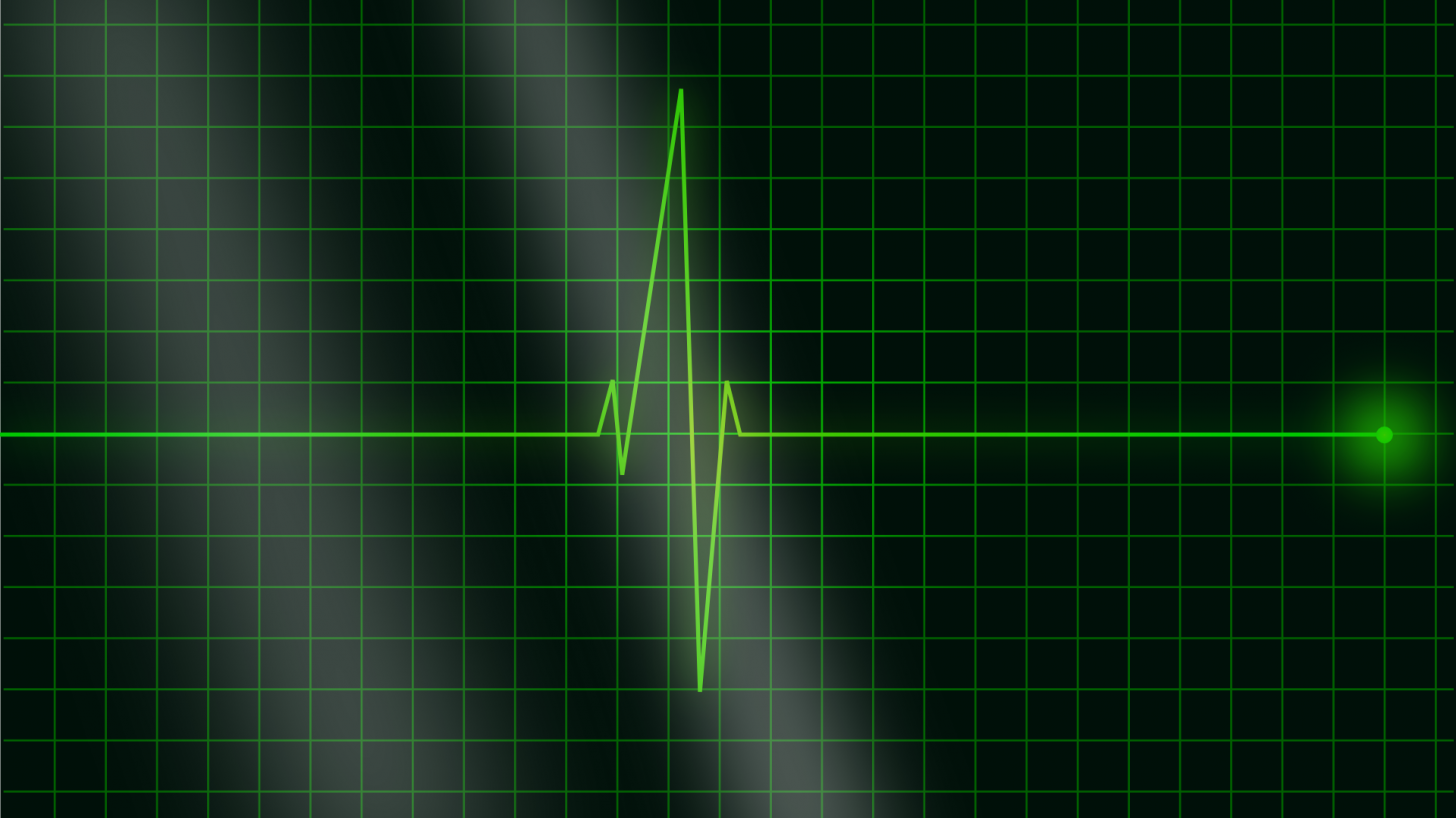Connecticut Confirms Eighteen Heart Complications Following COVID-19 Vaccination

The U.S. Centers for Disease Control and Prevention (CDC) alerted health care professionals on May 17, 2021, that they are monitoring the Vaccine Adverse Events Reporting System and the Vaccine Safety Datalink for cases of young adults developing the rare heart-related complication myocarditis after receiving an mRNA COVID-19 vaccine.
These adverse events are appearing within four days of the second dose vaccination in young men.
Approximately 10 to 20 per 100,000 people are diagnosed with myocarditis in the U.S. annually, and many cases resolve on their own or with treatment, leading to a full recovery.
During Connecticut Governor Ned Lamon's video meeting on May 24, 2021, it was reported 'at least eighteen teens, and young adults have shown symptoms of heart problems after receiving the COVID-19 vaccine, acting health commissioner Dr. Deirdre S. Gifford announced.
Dr. Gifford said all but one of the young adults hospitalized for signs of heart problems had been released.
Previously, the American Heart Association - American Stroke Association announced on May 23, 2021, ‘all adults and children ages 12 and older in the USA should receive a COVID vaccine as soon as they can.’
The following statement reflects the views of the American Heart Association - American Stroke Association and its science leaders.
“We commend the CDC’s continual monitoring for adverse events related to the COVID-19 vaccines through VAERS and VSD, and the consistent meetings of ACIP’s VaST Work Group, demonstrating transparent and robust attention to all health events possibly related to a COVID-19 vaccine.”
“The few cases of myocarditis that have been reported after COVID-19 vaccination are being investigated.”
“However, myocarditis is usually the result of a viral infection, and it is yet to be determined if these cases have any correlation to receiving a COVID-19 vaccine, especially since the COVID-19 vaccines authorized in the U.S. do not contain any live virus.”
“We remain confident that the benefits of vaccination far exceed the very small, rare risks. The risks of vaccination are also far smaller than the risks of COVID-19 infection itself, including its potentially fatal consequences and the potential long-term health effects that are still revealing themselves, including myocarditis.”
“The recommendation for vaccination specifically includes people with cardiovascular risk factors such as high blood pressure, obesity, and type 2 diabetes, those with heart disease, and heart attack and stroke survivors, because they are at much greater risk of an adverse outcome from the COVID-19 virus than they are from the vaccine.”
Both myocarditis and pericarditis are most often the result of an infection and/or inflammation caused by a virus.
Myocarditis is inflammation of the middle layer of the heart muscle wall, and it can weaken the heart muscle and the heart’s electrical system, which keeps the heart pumping regularly.
Severe myocarditis can lead to heart failure, abnormal heartbeat, and sudden death.
Pericarditis is a condition often related to myocarditis. It involves swelling and inflammation of the pericardium, a sac-like structure with two thin layers of tissue surrounding the heart to hold it in place and help it function properly.
The American Heart Association is a relentless force for a world of longer, healthier lives and includes the American Stroke Association. Additional information can be found on heart.org.
CoronavirusToday publishes research-based COVID-19 news.
Our Trust Standards: Medical Advisory Committee
























